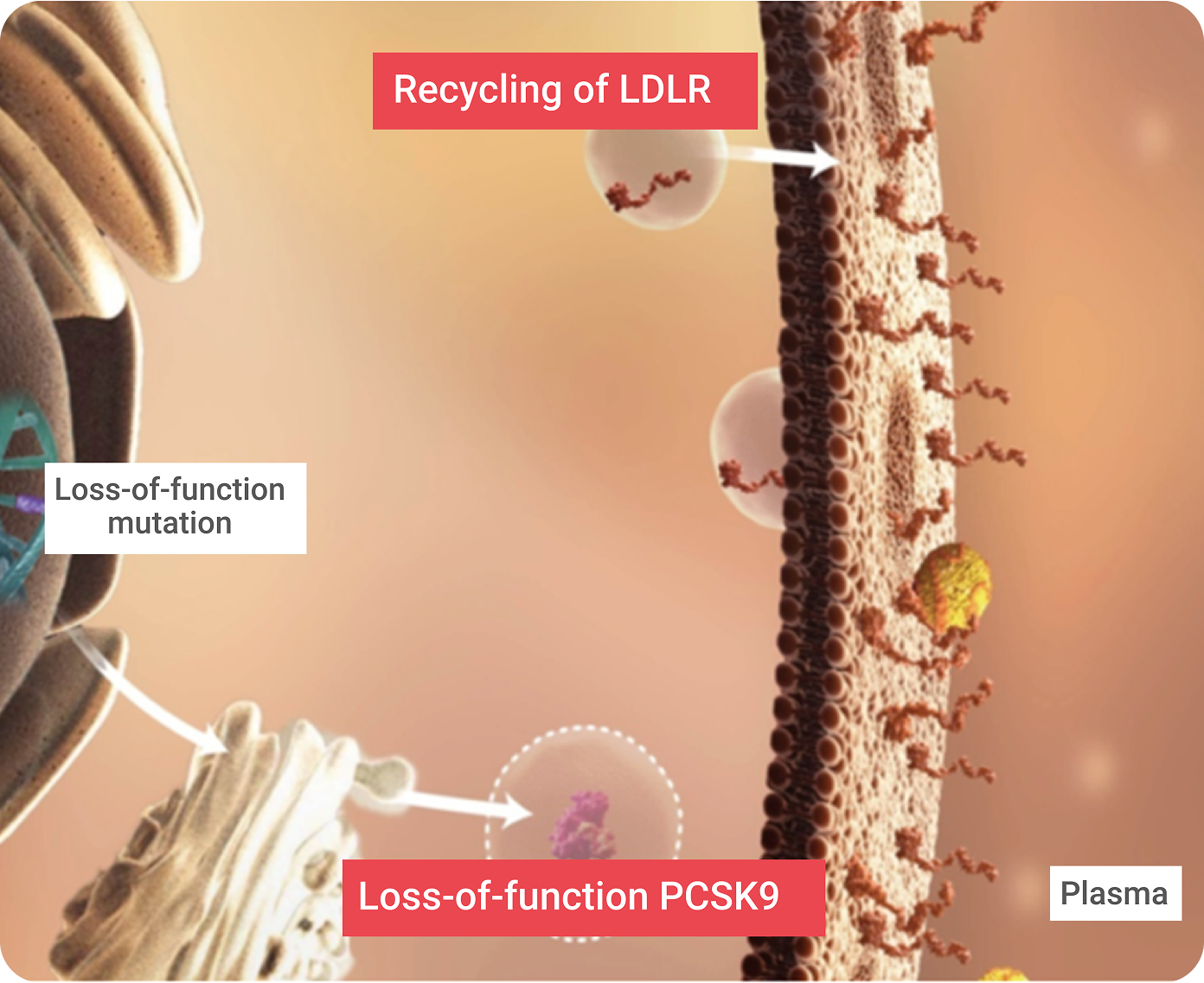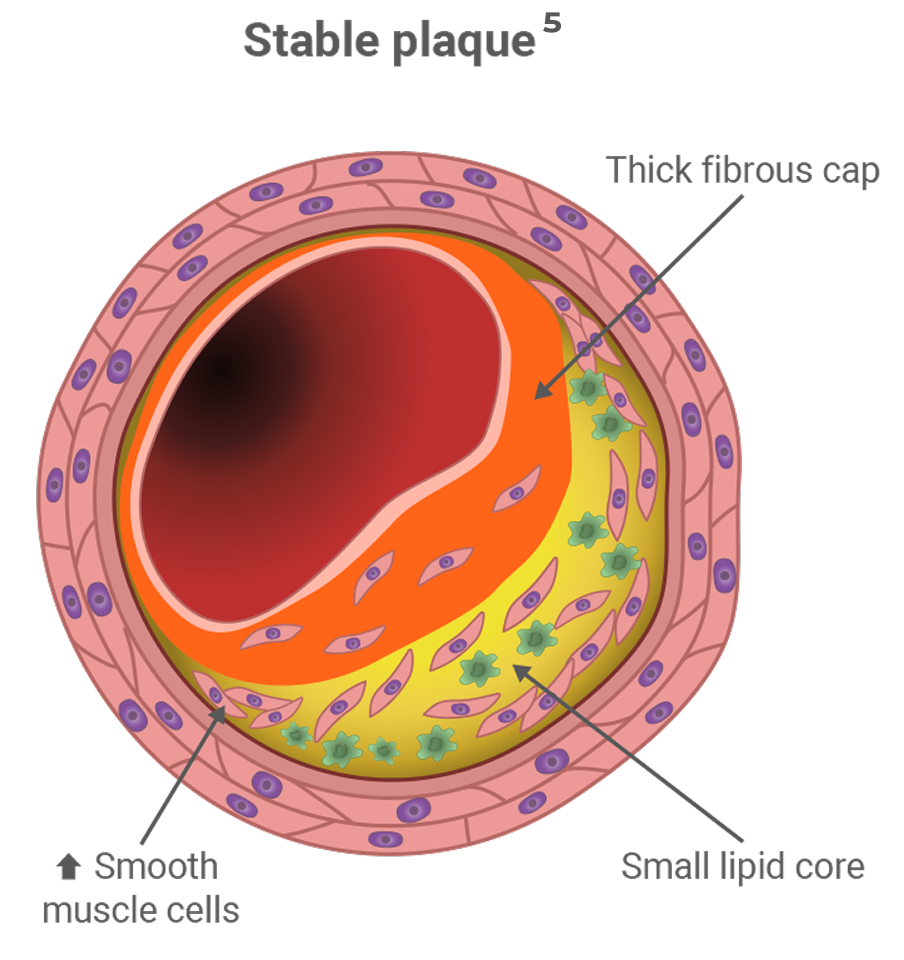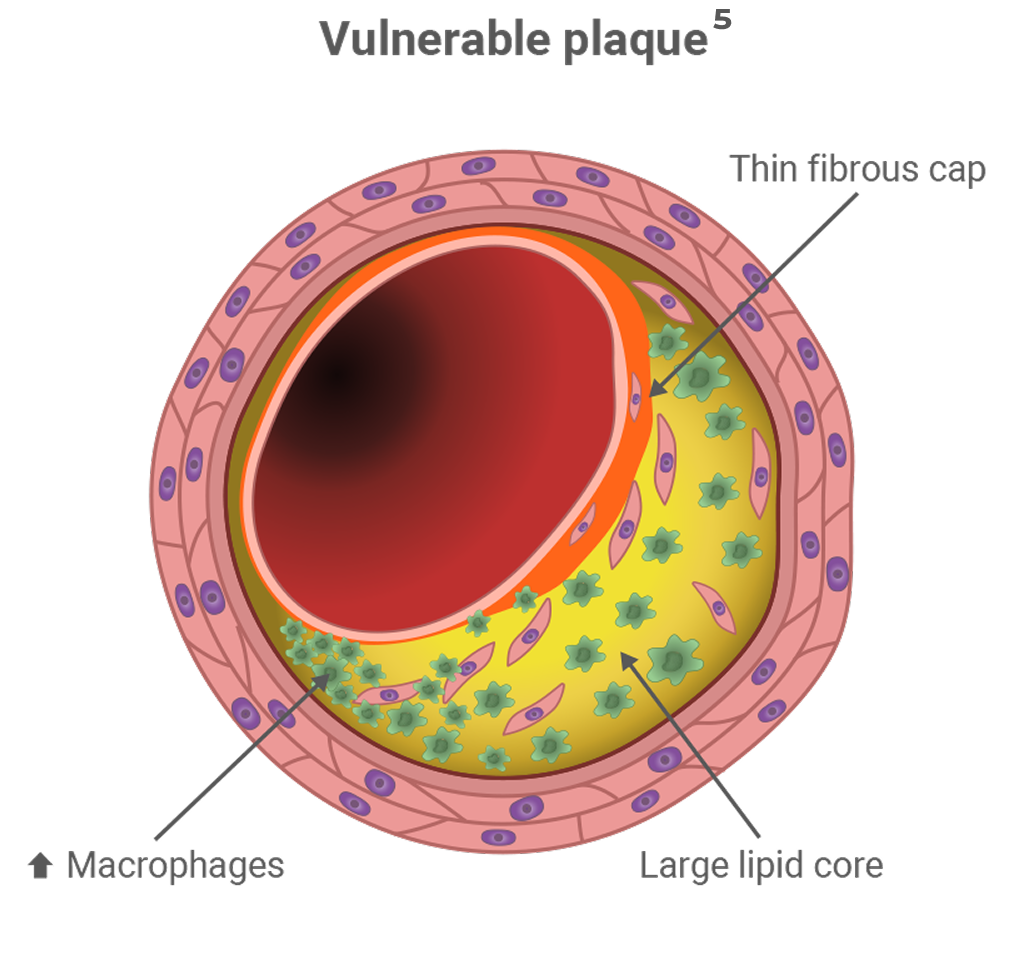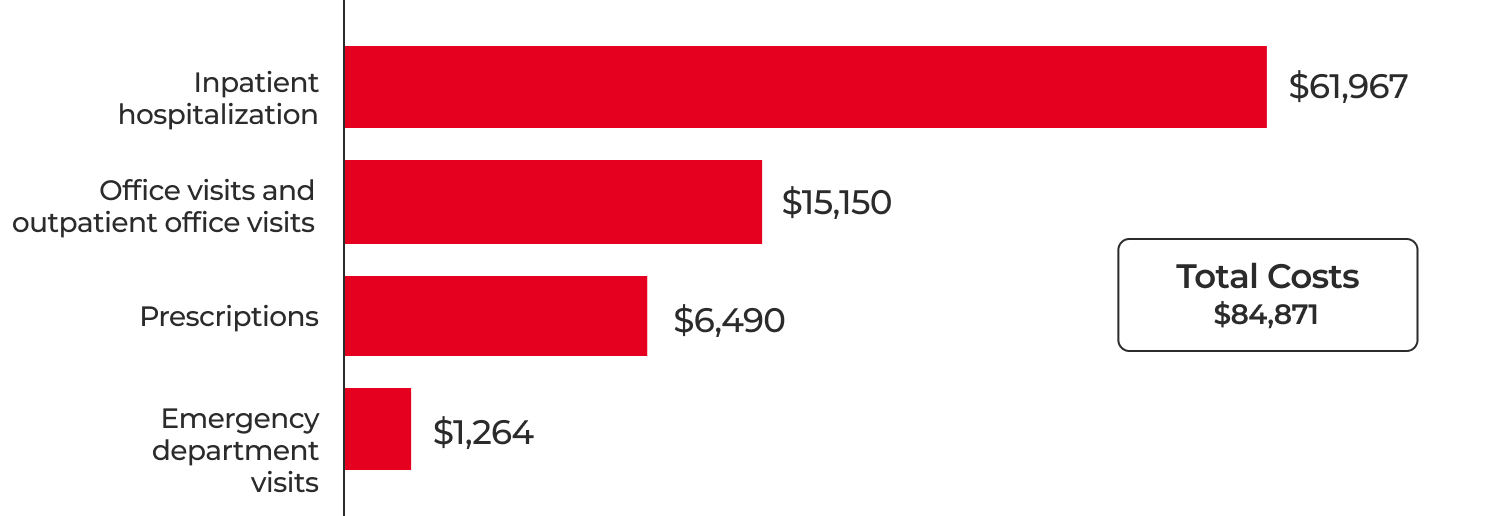If you click “Continue” below, you will leave the current site and be taken to a site maintained by a third party that is solely responsible for its content. Amgen provides this link as a service to website visitors. Amgen is not responsible for the privacy policy of any third-party websites. We encourage you to read the privacy policy of every website you visit.
Knowing your patients’ LDL-C helps you identify their risk of having a CV event, adherence to lifestyle modifications, and adherence to and impact of treatment.

Frequent LDL-C testing is recommended by the 2018 AHA/ACC/Multi-society guideline1
* To assess adherence and response to change in lifestyle or LDL-C lowering therapy.
Fewer than 1 in 4 secondary prevention patients who are at very high risk have their LDL-C tested after a recent myocardial infarction. Risk of another CV event is higher in patients with prior myocardial infarction than those without. LDL-C testing can reveal if there are issues with adherence to lifestyle recommendations or treatment.3
Based on a retrospective study using IQVIA claims (Longitudinal Access and Adjudication data; LAAD) and Quest Diagnostics lab databases. Study period was from January 2018 to December 2022, which included 16,406,925 patients with very high risk (VHR) ASCVD, of which 5,366,785 met criteria for VHR ASCVD and experienced an MI. VHR ASCVD was defined in alignment with the 2018 AHA/ACC/Multi-society guidelines; however, persistently elevated LDL-C ≥100 mg/dL was not included due to data availability.2
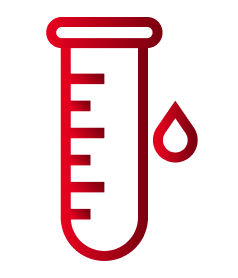

† Terms and conditions apply. Programs subject to change; quantities may be limited. For details, visit: www.attackheartdisease.com/free-ldl-c-test.
AHA/ACC = American Heart Association/American College of Cardiology; ASCVD = atherosclerotic cardiovascular disease; ECDP = Expert Consensus Decision Pathway; LAAD = Longitudinal Access and Adjudication Data.









